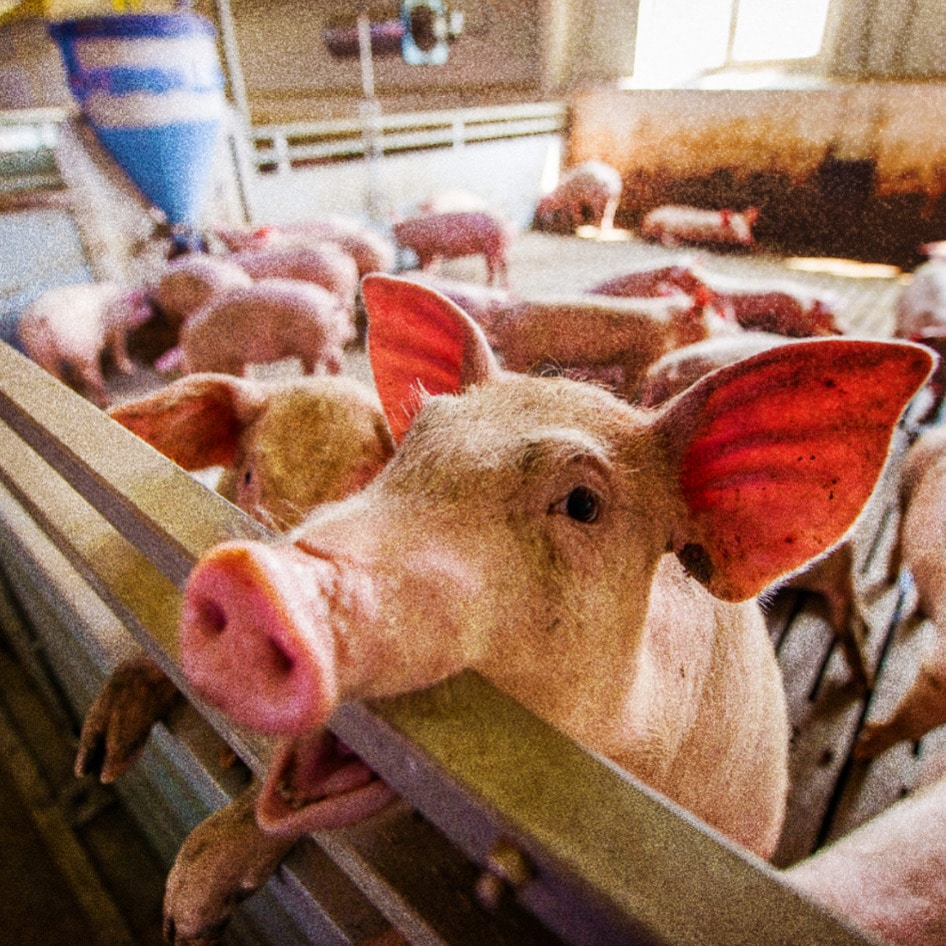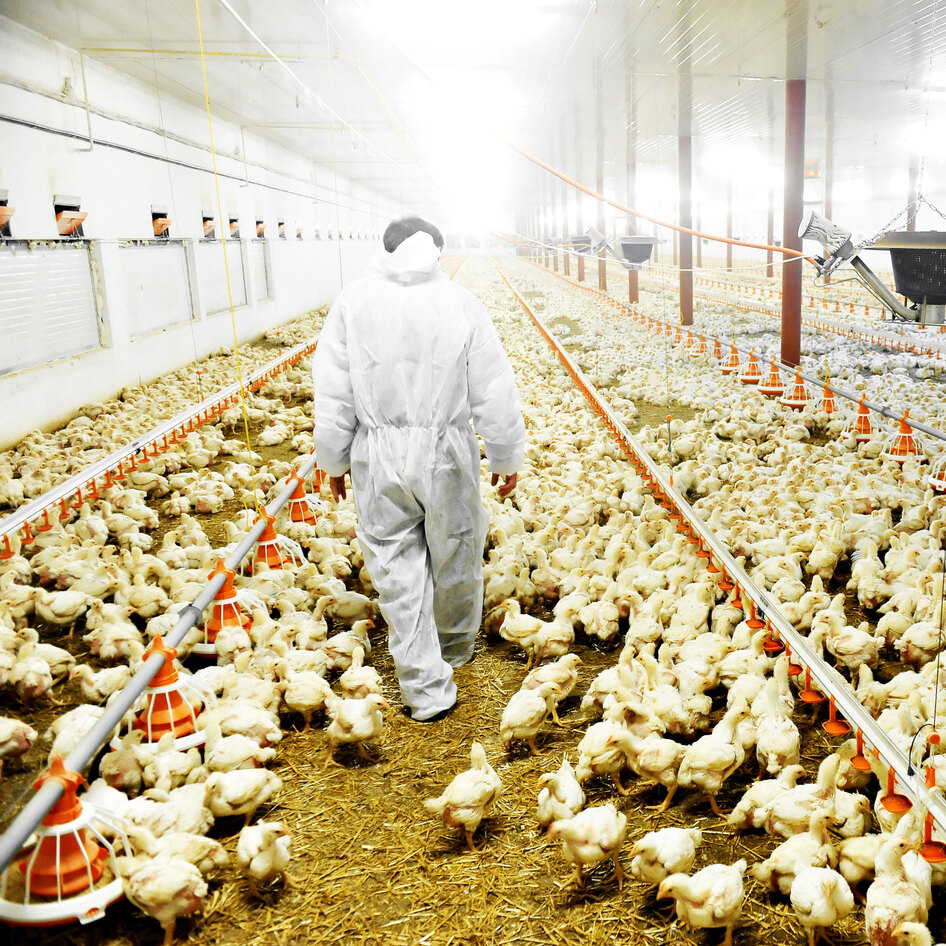The sale and consumption of dogs is now banned in Siem Reap, making it the first province in Cambodia to pass such a ban. Earlier this month, the Provincial Department of Agriculture, Forestries, and Fisheries issued a letter outlawing the dog meat trade, which involves approximately 7,000 dogs per month most of whom are drowned, stabbed, and hanged and sold across Cambodia to be consumed for their meat. Less than 12 percent of Cambodians regularly consume dog meat, according to research conducted by South Africa-based animal-rights group FOUR PAWS, which has worked with the Cambodian government since 2018 to end the country’s dog meat trade.
The government’s decision came after the release of a FOUR PAWS investigation exposed the cruelty of the dogmeat trade in the area. The group’s investigators visited a total of 21 restaurants serving an estimated 2,900 dogs per month in the Siem Reap area alone—several of them located near the iconic temple complex Angkor Wat.
FOUR PAWS is working with local organizations, including Animal Rescue Cambodia and government department Cambodian Mine Action Centre to bring a sustainable end to the local dog meat trade and has launched campaigns in Cambodia, Indonesia, and Vietnam to fight for the end of the international trade in these parts of Southeast Asia. “Through educational work and cooperation with the responsible authorities, local communities, and the tourism industry, FOUR PAWS’ goal is for governments in Southeast Asia to introduce, strengthen, and enforce animal protection laws, which will bring an end to the capture, slaughter, and consumption of dogs and cats,” Dr Karanvir Kukreja, veterinarian and Project Manager for FOUR PAWS’ Ending the Dog and Cat Meat Trade Campaign, said. “This will not only protect animals–but people as well from public health risks.”
Other parts of the world have also begun to outlaw the consumption and trade of dogs, including Nagaland in India; Zhuhai and Shenzhen in China; and the Karanganyar District in Indonesia.
JUMP TO ... Latest News | Recipes | Guides | Health | Subscribe







